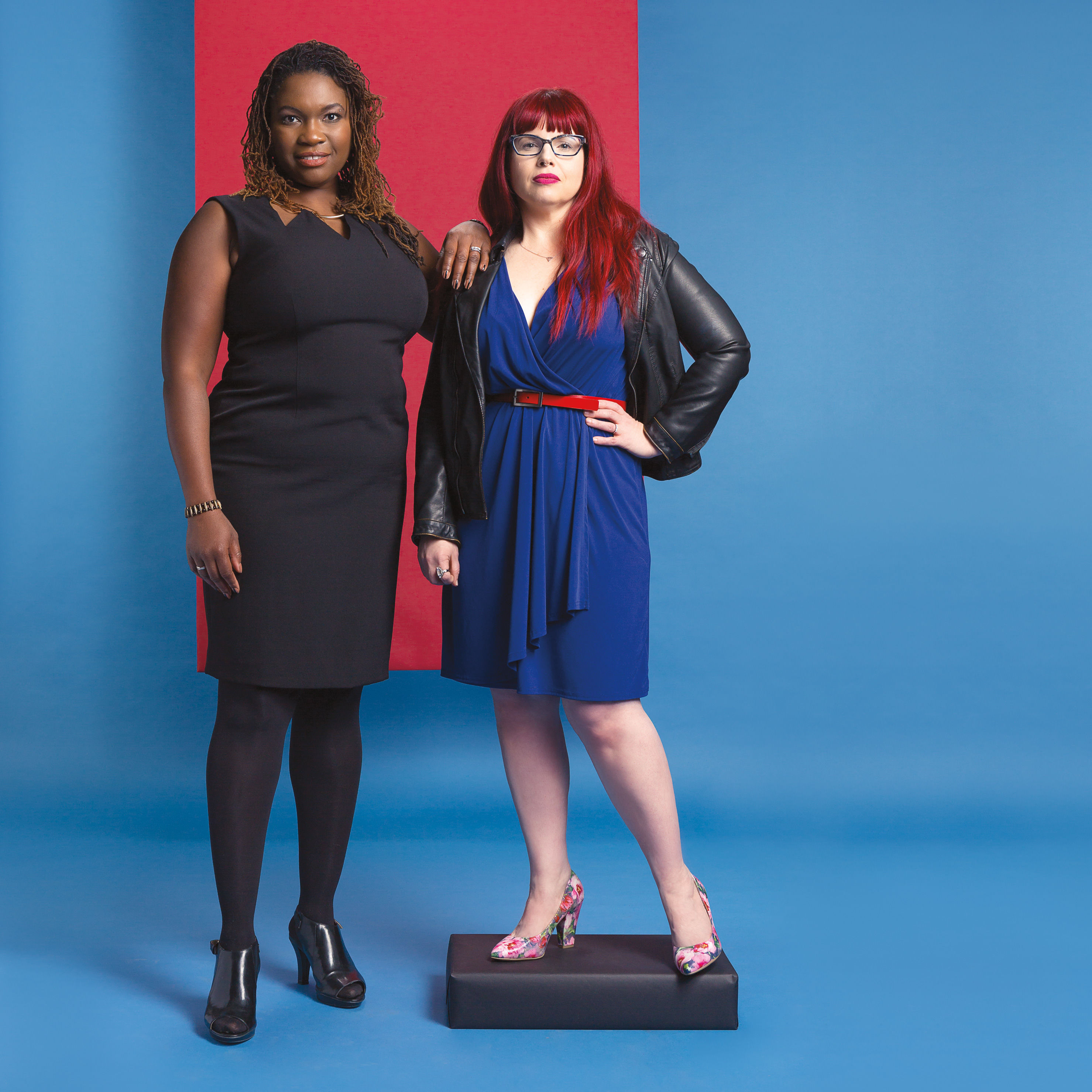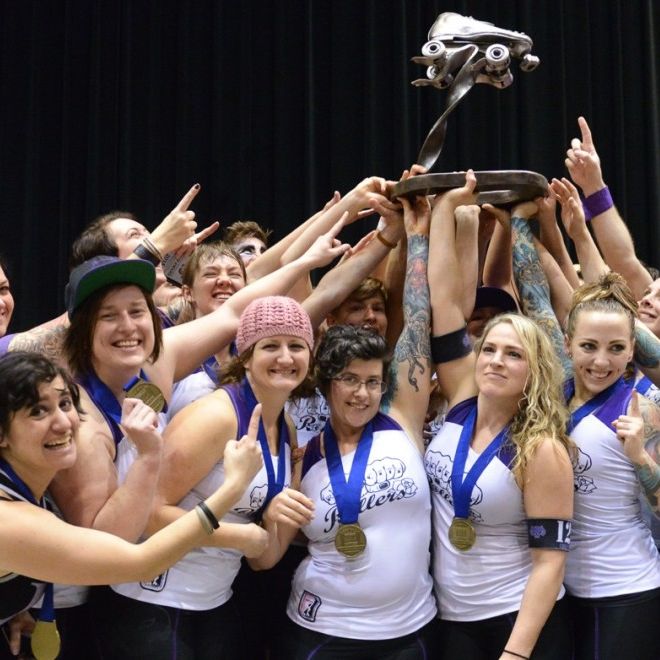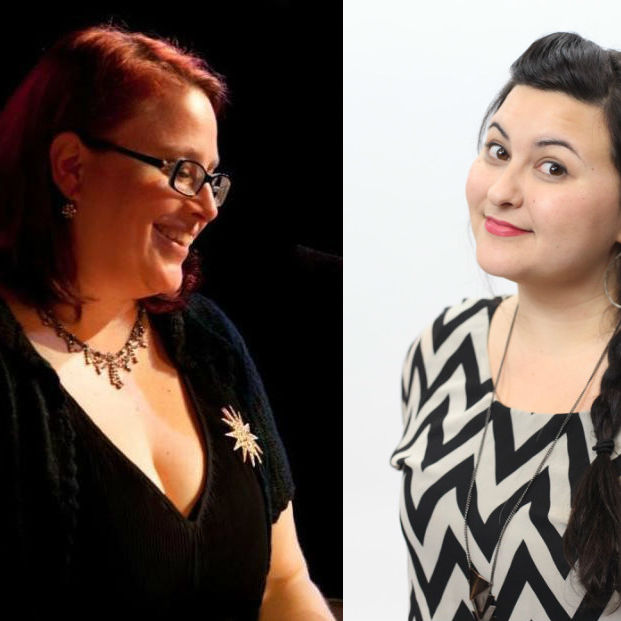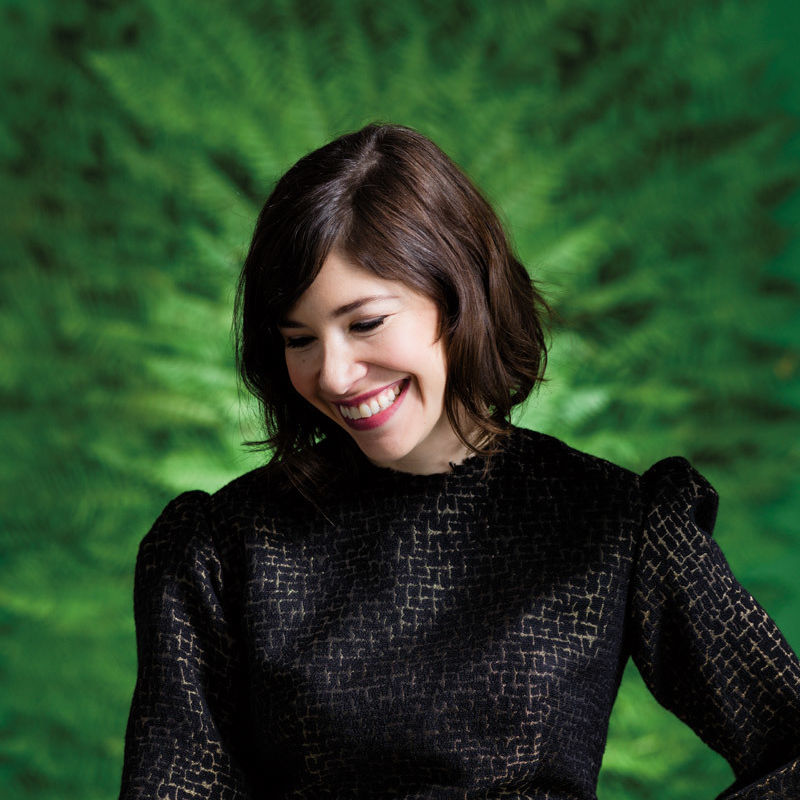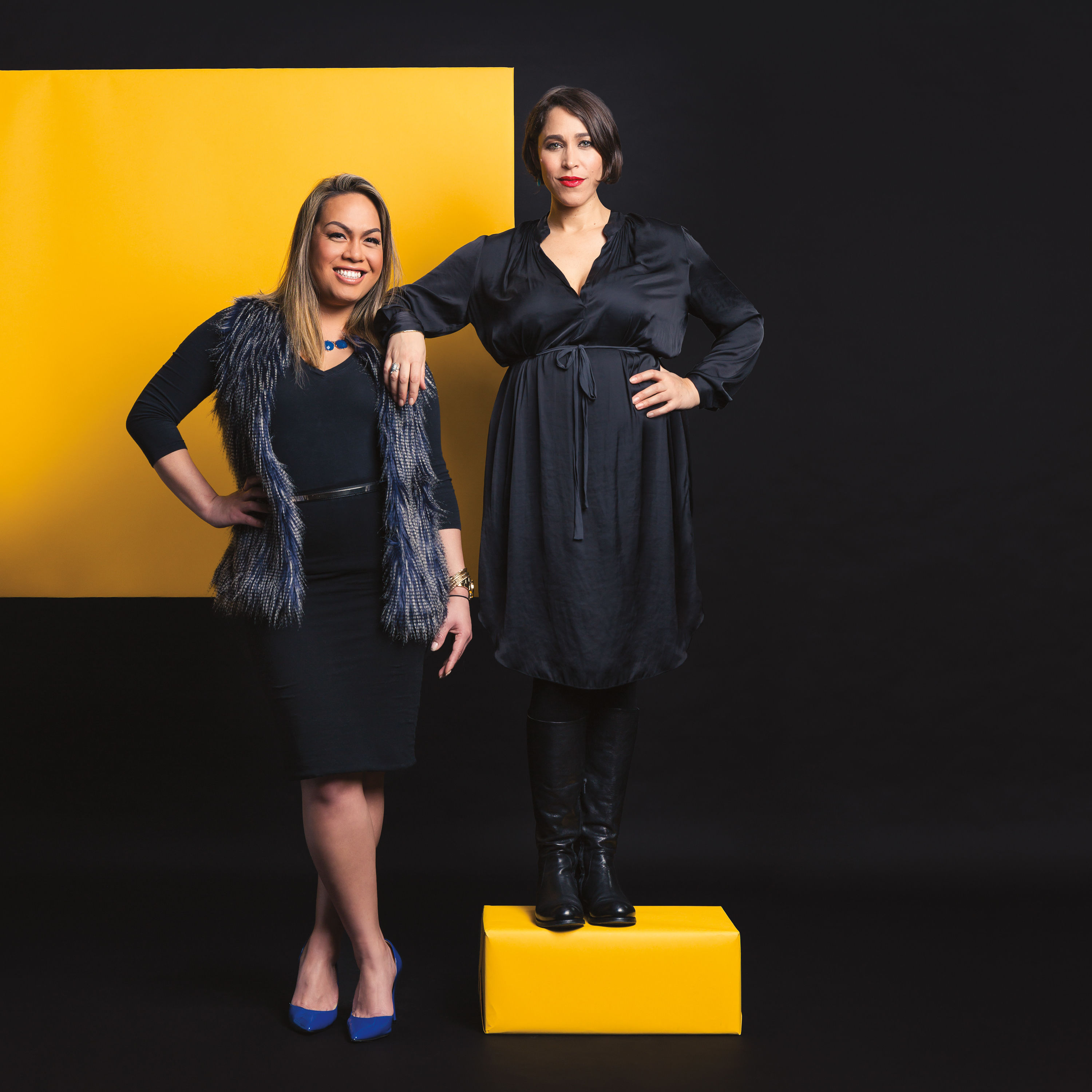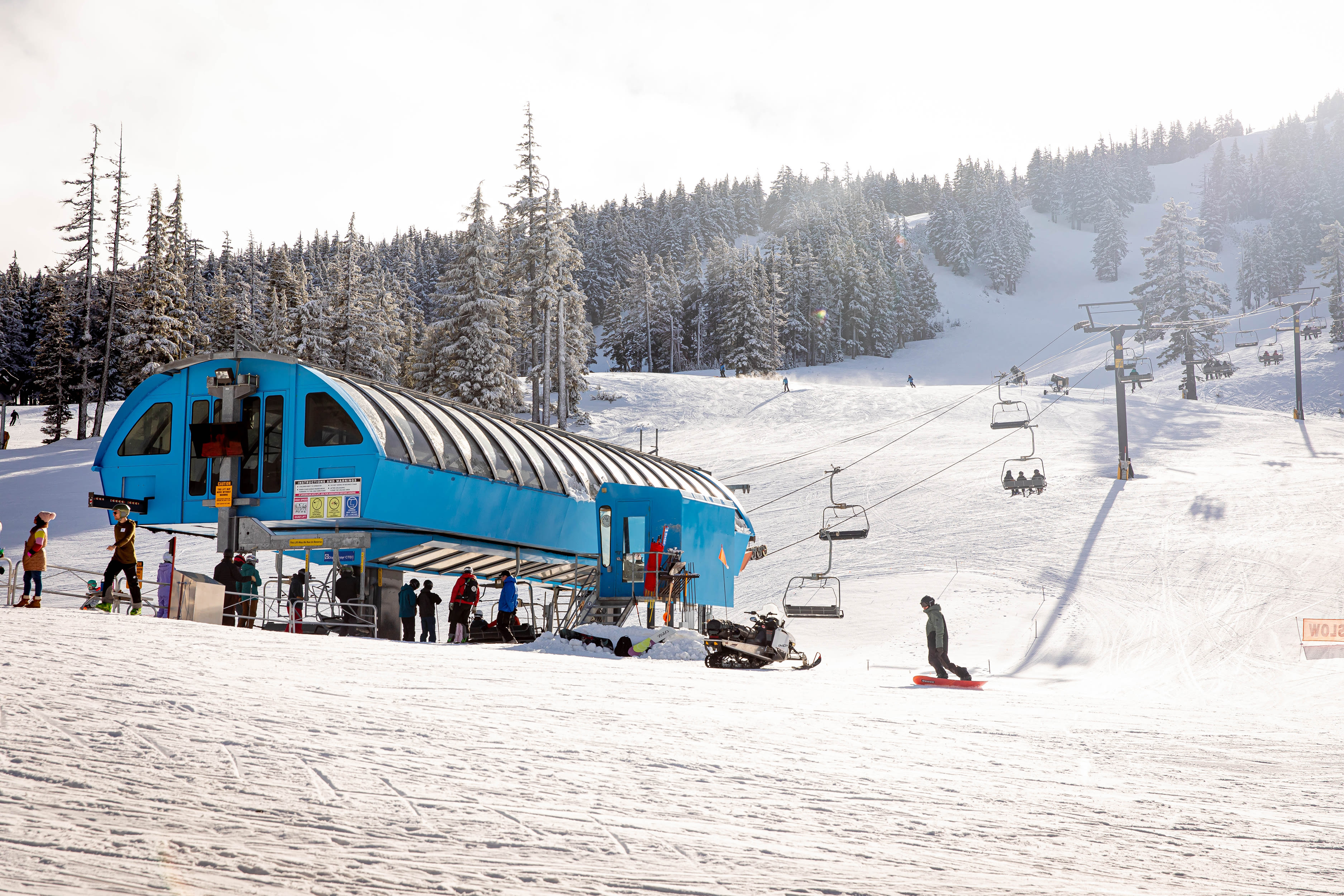Why Being an Oregonian is All About Idealism
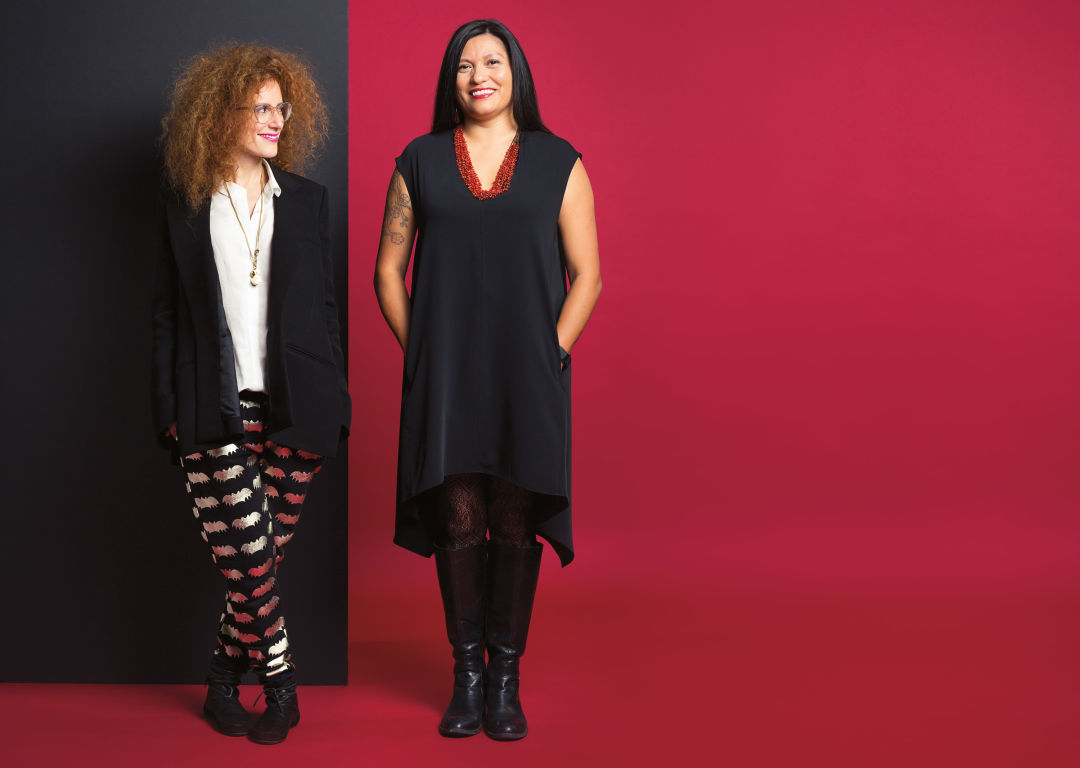
Image: Nicolle Clemetson
After a long tenure at Portland ad agency Wieden & Kennedy, Mira Kaddoura now runs her own firm, Red & Co. Alyssa Macy, chief operations manager for the Confederated Tribes of Warm Springs, previously worked for more than a decade on international indigenous peoples’ issues.
MIRA: I was born in Egypt. I grew up between Beirut and Toronto—my parents were Lebanese, so I’m Lebanese, but also Canadian. And I moved to the States for grad school, and have been here ever since: two years in Richmond, Virginia, and the rest in Portland, Oregon.
ALYSSA: I’m a citizen of the Confederated Tribes of Warm Springs, and a descendent of one of the signers of the 1855 treaty that established the Warm Springs Indian Reservation. I grew up there. After high school I left, and spent about 18 years exploring and working, in the Midwest and on the East Coast. A couple of years back, I came home.
MIRA: My parents raised us to like feel like we’re citizens of the world. I grew up speaking French and Arabic, and only learned English later. I’ve always felt like I belong a lot of different places. But if I could only pick one or two places, I’d say Lebanon and Oregon. I’ve spent formative parts of my life in both. I consider myself Lebanese, but I consider Oregon home.
ALYSSA: I knew that at some point I would eventually return home. And there was a boiling point when I was living in New York City—I was standing on the street, crying. Just one of those moments in the city when no one cares.
MIRA: I totally have those.
ALYSSA: What brought me back to Oregon was a disconnect between who I am as an indigenous woman and a Wasco, and member of a community that’s very specific to place. I’ve been very fortunate: I’ve lived in LA, Phoenix, Minneapolis, Chicago, New York, I’ve travelled all over the world. But there was always something missing—part of me didn’t feel authentic, because I wasn’t home.
MIRA: One of my first projects at Wieden & Kennedy was rebranding the state of Oregon. The tag line had been “Things Look Different Here.” Well, things look different everywhere. So we just started interviewing people and this idea of idealism just kept popping up. People ended up here because they had this kooky idea, this crazy thing they wanted to make happen, whether it was growing a perfect hazelnut or making pinot noir, or whatever. I come from a background of women who, a hundred years ago, were fighting for women’s rights—in the Middle East. So I really connected to that idealism. Maybe it’s just being out West, and pushing, right? What else is there? This can’t be the end, right?
ALYSSA: Historically, for the tribes along the Columbia, there was a lot of wealth. We traded with tribes from all over. I think there’s always been a sense that this place has a lot of opportunity. And, granted, our relationship with the river changed drastically when we were removed from it, and when the dams flooded the river. But this is still a place that has always been kind of magical—we don’t want anyone to know about Oregon, because we don’t want anyone else to move here.
MIRA: I went to the Alvord Desert just a few months ago, and it was amazing. Our phones stopped working. We had to use a compass—it was the real deal.
ALYSSA: You know how to use a compass? I’m impressed!
MIRA: We forget, right? How to use things that are very basic, things people used for thousands of years before this century. And it’s so great to live in a place where you can escape.
ALYSSA: I always encourage people to realize that two-thirds of the state is on the other side of the mountain. I’m shocked when I talk with people in Portland and say, hey, have you ever been to Central Oregon? The Dalles? Pendleton? And they say no. I encourage people to check it out. There’s a lot to be seen.
MIRA: When I moved to the States, it was the first time I was ever given a thing where I had to pick what ethnic group I belong to. I’d never really thought of myself as a white person. For 15 years, I’ve been picking “other.” And on the East Coast, when you meet someone, they always ask you what you do—it’s like what defines you over there. Here, people are more interested in who you are. They want to know what kind of music you’re into, or what movie you just saw. I think here what helps is, as a woman, if you feel comfortable enough in your own skin to be yourself. Nobody cares what you do, or who you love. If you feel like you can experiment, you can try new things.
Especially in the last, I think, five years, there’s just been more opportunities as more people have come here. I know a lot of Oregonians don’t want this influx of people. But it brings opportunity. I grew up around so much diversity, and I feel like my whole world changed because of that.
ALYSSA: One thing I struggle with is feeling like I’m invisible. Here in the Portland metro area, the Chinook people lived all the way from here to the Coast. My tribe ceded 10 million acres to the US government—the whole top quarter of the state. But we’re still here today. It’s not about who’s right or wrong. It’s not about, “it’s your ancestors’ fault.” That’s too much guilt and anger to carry around. I’m more interested in how how we heal, and how we work together. In the complex history of this country, people came here because they wanted something better. And, quite frankly, you know, I’m at a point in my life where I just like being happy. You know? And I like to try to solve problems. I’m not a mother, but I’m an auntie and a stepmom, and I work with kids from backgrounds that haven’t been loving and supportive. That’s just the type of person that I want to be, the type of walk that I want to have for the rest of my life. And, you know, I feel like Oregon is a pretty awesome place to be. I believe in diversity. It’s 2016, and in the end we all share a lot of common goals.
